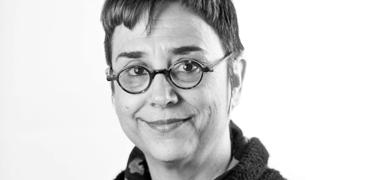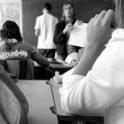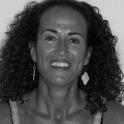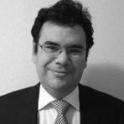We are celebrating the 10-year anniversary of Debats d’Educació by giving the educational community the opportunity to air its views

I am a lecturer in the Faculty of Education Sciences at the Universitat Autònoma de Barcelona, a member of the Idea Forum and coordinator of the official interuniversity Master’s degree in Adult Education. Before working at the university, I was a teacher at the Concòrdia Adult Education Centre in Sabadell.
The three things I’ve learned
Lifelong learning, a silent and constant struggle
We live in difficult times in which different social contexts show us (and we learn) that people have been reduced to their ”homo economicus” version, as the prevailing neoliberalism cuts back rights and resources that used to be guaranteed by law, one such example being lifelong learning for all. It would also appear that we have internalized the idea that the decline of what is public-funded is something positive, and therefore it is neither necessary nor possible to do anything about this. Thus the political, economic and social model that we have embraced does not appear to be in a position to value and therefore promote access to lifelong education as something that is necessary, urgent and fair.
If there is one thing that I have learnt in the course of my life, it is that in general it is necessary to take up a contrary position. Thus I have learnt to mistrust dogmatic, self-interested certainties about what should and should not be done, I have also learnt to value subordination in the face of official accounts, and to argue that when nothing is done to move forward, one is inevitably moving backwards.
The profession of teacher or setting yourself high demands
The profession of teacher must commence in utopia, with action addressing the collective memory, and a focus on all that needs improving and changing through the initiative of education. Society itself proposes the material to be taught with a clear voice. But do we hear it? Do we listen to it? And does anyone listen to us?
Ingredients for the profession of teacher: high demands made of yourself, a keen critical spirit, a little stimulating dissatisfaction at the work that has been done, a touch of tiredness and a little disappointment at one’s own results and the results of the system.
In the case of teaching adults, further requirements are a specific training and interdisciplinary work, neither of which are guaranteed at present.
Over the years, I have learnt that we cannot expect problems to be solved by the authorities: we have to roll up our sleeves and act. As we act, we must think about what we are doing. We must be demanding of others and of ourselves. This is difficult and it is tiring. Because when you think that you’ve finished, you have to start all over again.
The challenges: if everything remains to be done... then is everything possible?
One of the challenges still facing today’s society is to overcome its functional and technological illiteracy, in order to facilitate the acquisition of skills and tools that are needed for gaining employment, for social and family life, and for the active exercise of citizenship. We are aware of the important link between families’ education and the success of their children at school. We know that in Catalonia, educational standards among adults are low, and that participation in learning programmes is also low.
Another challenge lies in successfully generating participation in cultural and leisure initiatives, taking advantage of the existing resources in the community and creating new ones. We also know that those who take most advantage of these resources are the people with the highest qualifications, rather than those who most need them.
And the question is: what are we doing to address this situation?















 The texts published on this website are, unless otherwise indicated, covered by the Creative Commons Spain Attribution 3.0 licence. You may copy, distribute, transmit and adapt the work, provided you attribute it (authorship, journal name, publisher) in the manner specified by the author(s) or licensor(s). The full text of the licence can be consulted here:
The texts published on this website are, unless otherwise indicated, covered by the Creative Commons Spain Attribution 3.0 licence. You may copy, distribute, transmit and adapt the work, provided you attribute it (authorship, journal name, publisher) in the manner specified by the author(s) or licensor(s). The full text of the licence can be consulted here: